Data Engineering Training in Bangalore, IN
(4.8) 1250 ratings.

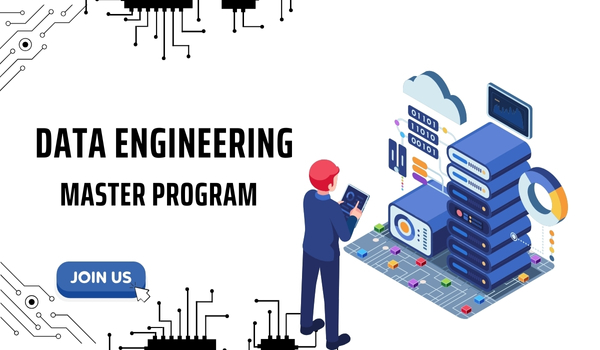
(4.8) 1250 ratings.


Next Batch Starts
Program Duration
Learning Format
GoLogica Academic's Master Program features a structured curriculum, paving the way to Global scope.
GoLogica having a 15+ years of experience on career transforming programs with industrial oriented Skills.
GoLogica Advanced Programs delivers cutting-edge AI Training, offering insights into the latest trends.
GoLogica emphasizes practical learning with exercises, projects to equip you with real world application.
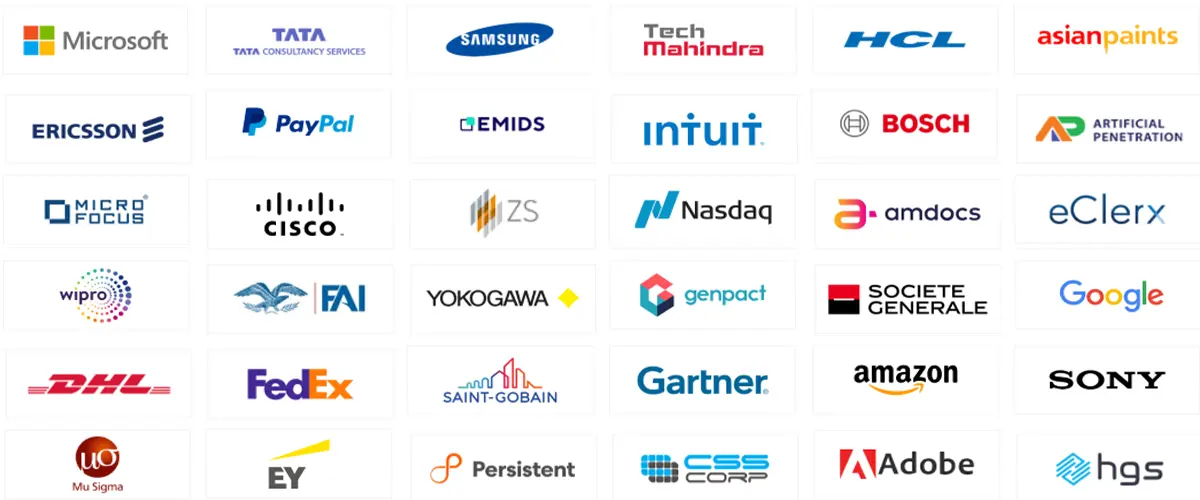
GoLogica Provides Data Engineering Courses in Bangalore designed by industry experts. The course will help you learn all the concepts of Data Engineering. This will make you an expert Data Engineer.
The Linux Fundamentals course by GoLogica will provide you with the opportunity to learn Linux from the beginning. With this course, you will excel in Linux concepts. The concepts are Packages, User Management, Linux installations, Scripting data, File systems, and diverse utilities and commands. In this course, you will also learn about Linux Administration, Linux Kernel, and Linux programming.
The PySpark Certification Training course is prepared by industry experts. The course will help you develop skills to become an expert PySpark developer. In this course, you will learn:
This will help you develop data-intensive applications.
Apache Spark and Scala Certification Training, this training program aims to provide essential skills and knowledge to become an expert Spark Developer. It will help you prepare for the Cloudera Certified Associate Spark Hadoop Developer Certification Exam CCA175. With this course, you will learn various core concepts. It includes Flume, RDDs, Kafka cluster, MLlib, HDFS, Sqoop, SparkSQL, and API.
The Azure Fundamentals course by GoLogica provides basic knowledge of cloud services. It also helps you learn how the cloud services are delivered with MS Azure.
The Big Data Hadoop Certification Training Course is prepared by top industry experts. This course will help you learn Hadoop Ecosystem tools in depth. It covers YARN, Pig, HDFS, MapReduce, and Hive. Also, you will work on real-life industry use cases in diverse sectors. The sectors are retail, tourism, finance, social media, and aviation.
Microsoft Power BI Certification Training, course will help you learn Business Analytics in detail. This course will teach you several subjects. This includes Power BI Desktop, DAX, Reports, Architecture, Mobile Apps, Q&A, and Service. Through this course, you will attain hands-on experience in real-time projects.
Microsoft SQL Server Certification Course, this course is designed by industry experts to help you learn SQL. In this course, you will learn how to manage databases on the SQL server. The course includes Subqueries, Unions, Azure SQL Database, Master SQL commands, Joins, Indexing, and more.
The “Prologue to Big Data and Hadoop” is a perfect course bundle for people who need to comprehend the essential ideas of Big Data and Hadoop. On finishing this course, learners will have the capacity to translate what goes behind the preparing of immense volumes of information as the business changes over from exceeding expectations based investigation to continuous examination.
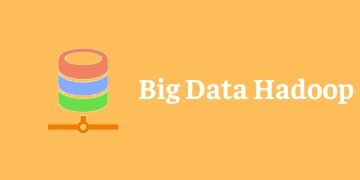
This Online Training gives the fundamental learning required by all people will’s identity assessing Microsoft Azure, paying little respect to whether they are a manager, designer, or database chairman.
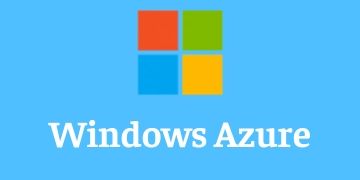
Microsoft Power BI is a suite of business examination devices to break down information and offer experiences. Power BI dashboards give a 360-degree view to business clients with their most critical measurements in one place, refreshed progressively, and accessible on the majority of their gadgets.
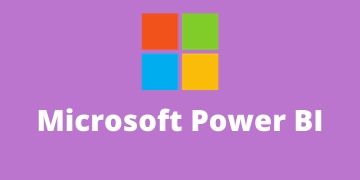
MongoDB is a free and open-source cross-platform document-oriented database program. Classified as a NoSQL database program, MongoDB uses JSON-like documents with schemas. The administration documentation addresses the ongoing operation and maintenance of MongoDB instances and deployments.
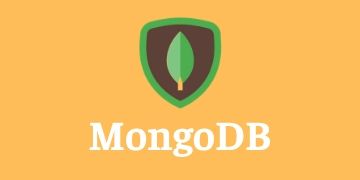
GoLogica offers Linux online training and it refers to any Unix-like computer operating system which uses the Linux kernel. It is one of the most prominent examples of open source development and free software as well as user generated software; its underlying source code is available for anyone to use, modify, and redistribute freely.

GoLogica’s training on SQL server will provide all the necessary training to become a certified SQL expert. As part of the training you will be able to manage the database solutions, manage various operations on databases, migrate it to the cloud and scale on demand. You will be able to meet all the business requirements of the project by the SQL learning’s knowledge from GoLogica.
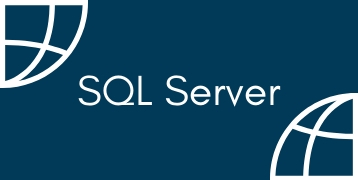
GoLogica offers online training sessions to enhance your skills and develop your career in the Apache Scala and Spark domains. Join our Apache Scala and Spark certification training course now! We offer training sessions for newbies, as well as experienced professionals helping them learn Apache Scala and Spark in detail and become expert in it. Are you thinking of developing your Apache Scala and Spark skills? If yes, then enroll in our course now! We have a team of professional trainers with years of experience in this domain and guiding beginners and experienced individuals.
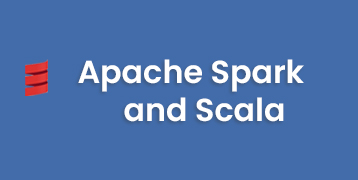

.jpg)
This will help you to better understand the Data engineering.
you will be able to grow your career by broadening your proficiency in Data engineering.
With this, the students will be able to decide their careers in the right way.
We Help with face-to-face interaction through mock interviews & Exams

Powered by
Paypal
Debit/Credit
UPI
GoLogica Data Engineering Certification holds accreditation from major global companies worldwide. Upon completion of both theoretical and practical sessions, we offer certification to both freshers and corporate trainees. Our certification on Data Engineering is recognized globally through GoLogica, significantly enhances the value of your resume, opening doors to prominent job positions within leading MNCs. Attainment of this certification is contingent upon the successful completion of our training program and practical projects.
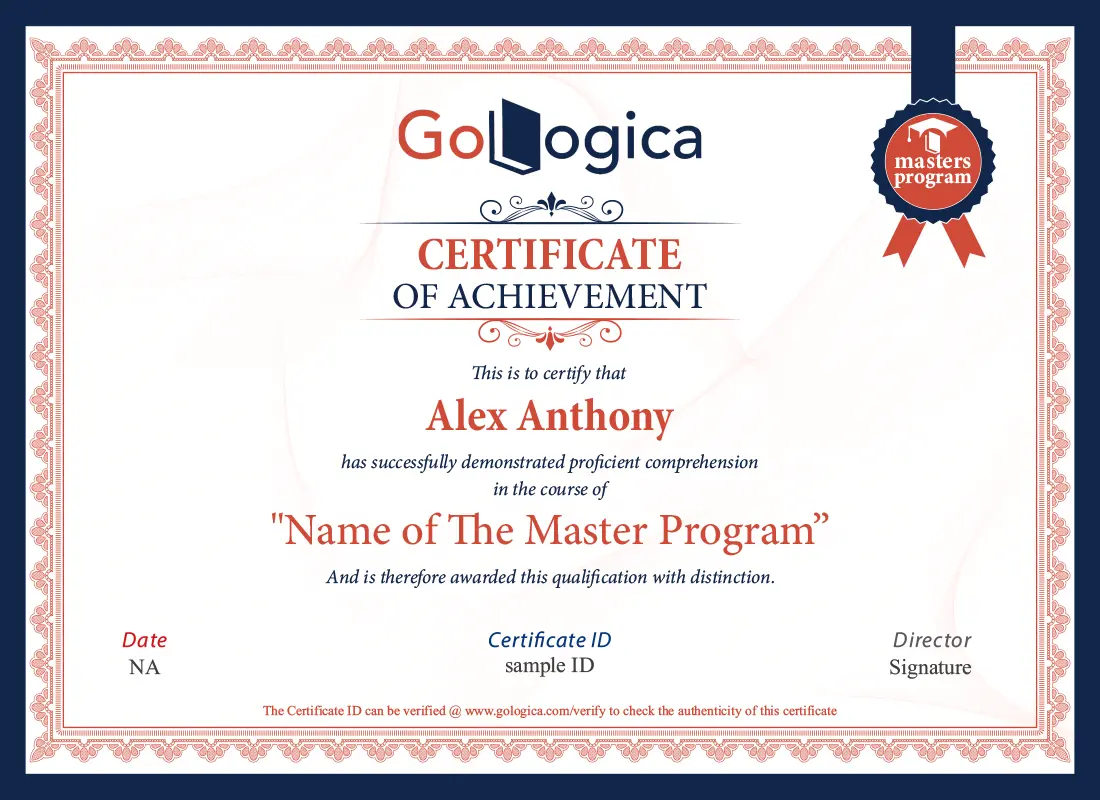
The U.S. Bureau of Labor Statistics (BLS) forecasts a 22% increase in employment for Data Engineering from 2021 to 2031, significantly outpacing the average for all occupations. Additionally, Data Engineering Ventures predicts 2.5 million unfilled cybersecurity jobs worldwide by 2025.
According to the BLS, Data Engineering professionals are well-compensated. The median annual wage for Data Engineer was $113,000 and $127,339 PA It’s depending on factors such as experience, location, and specific job responsibilities.
Are you preparing for a interview? If yes, our expert tutors will help you with this.
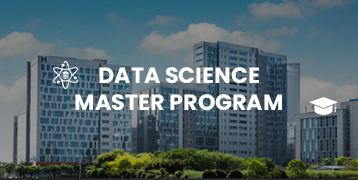
300 learners (5) 6 Months View Program
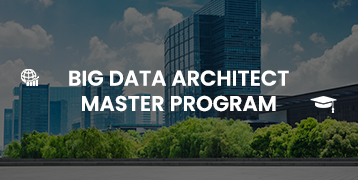
370 learners (4.7) 6 Months View Program

155 learners (4.7) 6 Months View Program
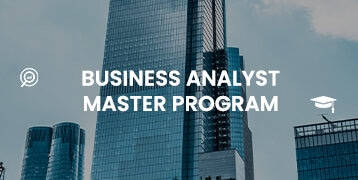
154 learners (4.1) 6 Months View Program